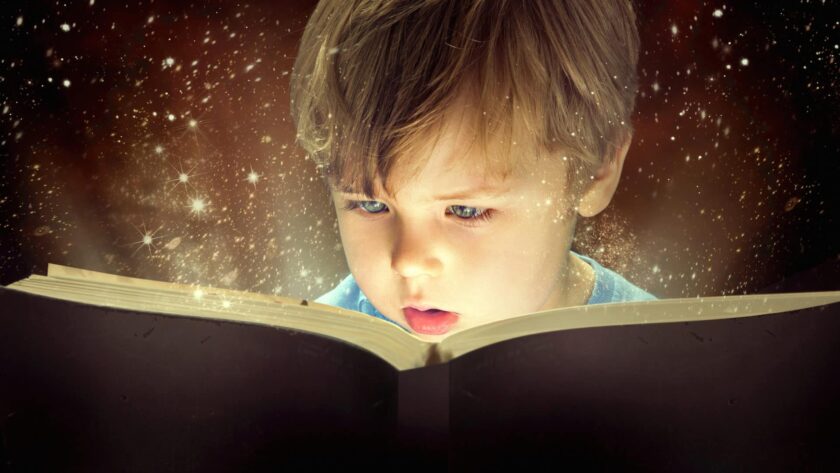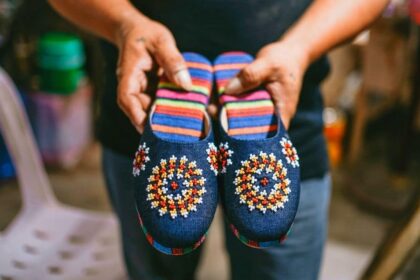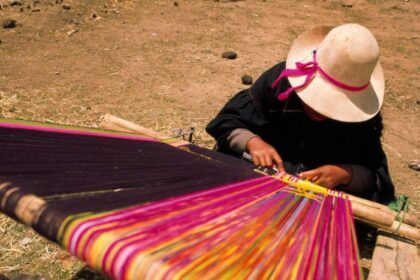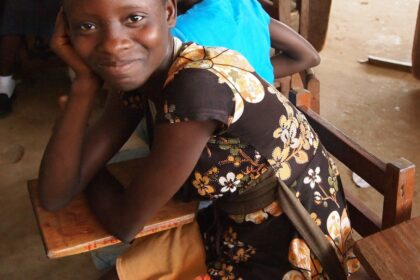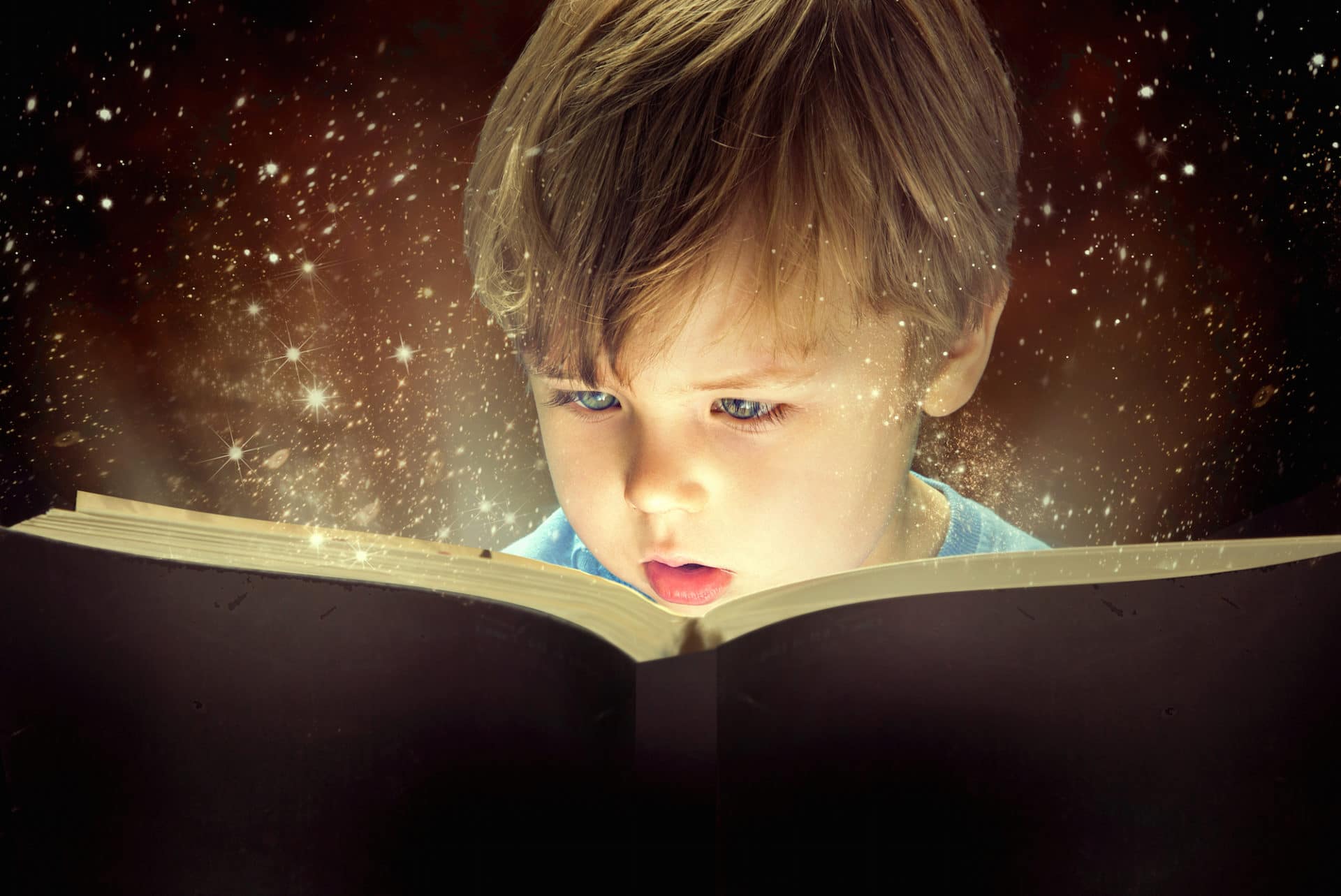
There are many things we take for granted in our lives, but one thing that I know I’ve always taken for granted has been the library. From the time I was very young, I was always able to head to the library and read a new book or two, maybe even take some home.
In 2006, when Rana Dajani realized that that was not a possibility for children in her neighborhood in Jordan, she knew she needed to do something about it. Thus she became the founder of We Love Reading.
Getting Started
Rana is an associate professor at the Hashemite University in Jordan, where she lives with her husband and her children. As soon as she realized that libraries were not readily available to the children living in her area, she knew that she needed to do something about it.
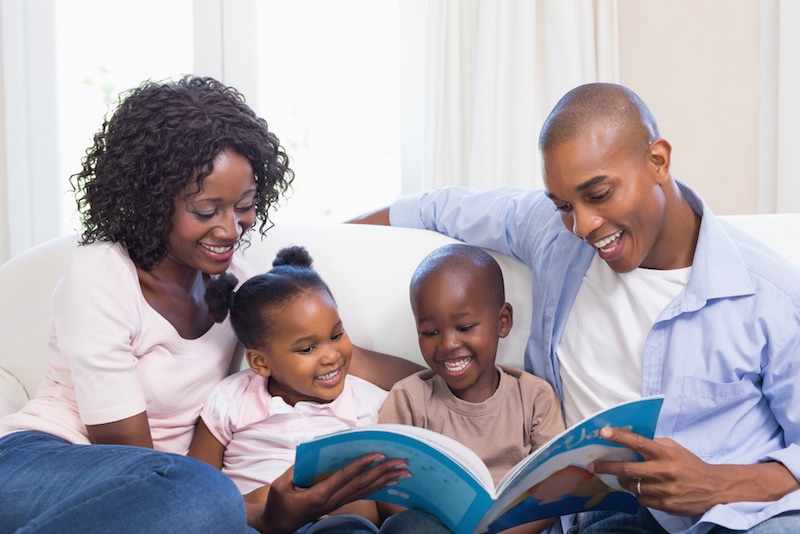
Rana says:
I wish every child to feel the excitement, the thrill, the pure joy of opening a book. I wish every child to experience the whole new world that will open in front of her eyes and the limitless opportunities and power they can obtain and the inspiration that can move mountains.
She started by developing her project — the long-term goal would be to have a library in every neighborhood, but in the short term, she would begin with a library in her own neighborhood.
Of course, the first step was finding a location. After a bit of thought Rana decided that the most obvious solution would be the local mosque. Every neighborhood had one, meaning that the development of her project once she had set it up in her own neighborhood would be easy.
But finding the place was only the beginning of the story. What, after all, is a library without books?
Finding The Books
In order to find books, Rana was lucky enough to have access to some money from a charity. Armed with this, she went to different bookstores, sourcing books in Arabic, bearing in mind that each book would have to be appealing to children. She was lucky enough to find booksellers who were willing to give her discounts, allowing her to get around 100 books to start out with.
Although she was using a mosque as a setting and taking advantage of Friday prayers to make announcements about Saturday storytelling for children, it was important to Rana to make sure that the books be secular in nature. She says:
The books were chosen on purpose not to contain any religious inclinations. To our surprise, we found a good number.
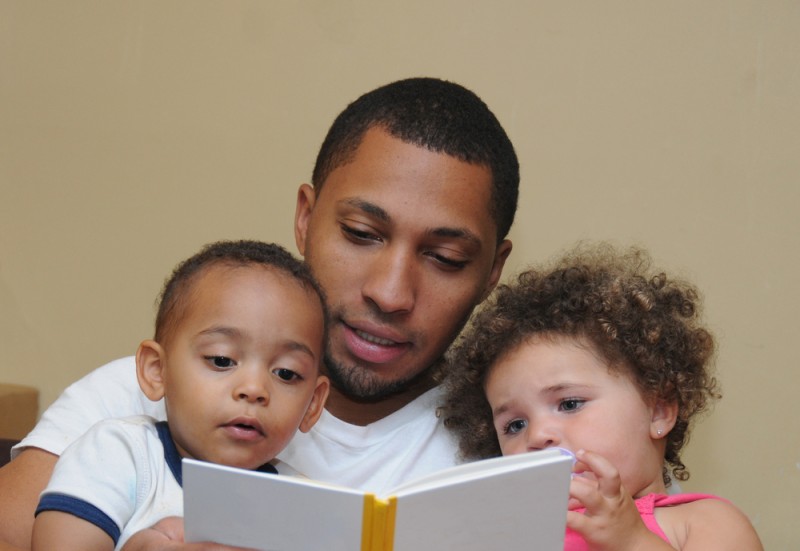
Then came the time for the first storytelling session. The session took place on a Saturday and was open to all children, boys and girls, from 4 to 9 years old. Armed with a variety of costumes and puppets, Rana waited… and around 25 children came. She explains:
Then we handed out all the books we had bought. The children were supposed to take the books home and read them every night or to be read to by a parent every night until the next storytelling session which was once every two weeks.
While it might seem strange to dole out all of the books, Rana had her reasons: by giving the children custody of the books, she didn’t need to buy a bookcase.
The Project Today
That first storytelling session took place in 2006. Today, We Love Reading is still growing. Around 35 children come to every session at the original mosque, and there are 30 locations around the world where children can come to learn to read in Arabic in the USA, Europe, Africa, South America and East Asia. All over the world, We Love Reading is encouraging and nourishing a love of reading amongst children. Rana says:
The parents tell us that their children wake up every Saturday and practically drag them to the mosque for the storytelling session.
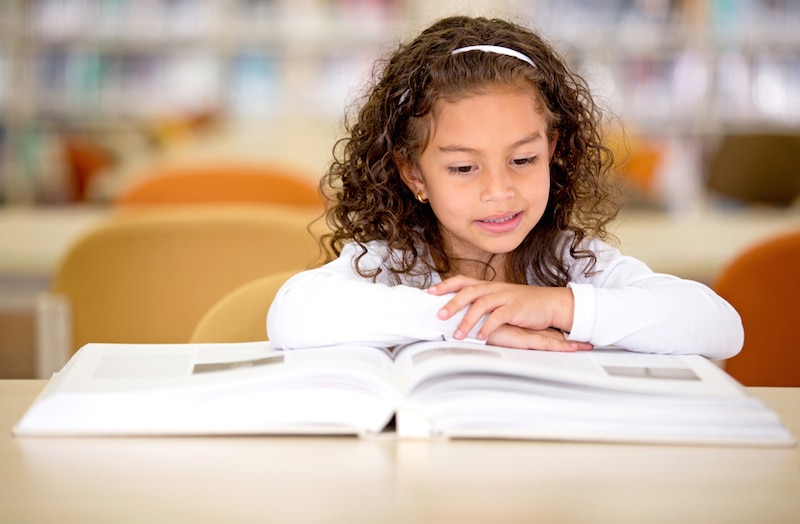
And that’s not even her favorite part.
The most amazing thing is that the children have developed a culture of literacy! They discuss the books they read. They recommend to each other what books to read and what author to read from. Some have never skipped a session and some come and go. We don’t get back some books but that is fine because we know they are in someone’s home being read.
As the project has developed, it has also been recognized. We Love Reading has earned numerous awards, including Synergos Arab World Social Innovator in 2009 and the King Hussein Medal of Honor in 2014.
Empowering Women Through Storytelling
While when Rana began the program, she was mostly thinking of the children she could help, another group has profited from this project as well: the storytellers.
The storytellers are all women, who put in only two hours of reading a month. But the benefits to be reaped by holding such a volunteer position are extraordinary. Rana says:
I believe women are the base, and if they become socially responsible they will change the world.
How You Can Help
We Love Reading is growing every minute. Finding volunteers, according to Rana, is a simple procedure: just find people who have passion, who care about helping children learn to read, and work from there. But like many grassroots programs, We Love Reading can use all the help it can get.
If you want to help, you can start a We Love Reading group in your own country, write grants or donate to We Love Reading. Every little bit helps — something that Rana herself knows all too well.
As a scientist I know that the Chaos theory states that when a butterfly flutters its wings in China it creates a hurricane in the Atlantic. I never thought that I would see its implementation. When I started this program I was a butterfly flapping its wings trying to solve a local problem that started with my children. I dreamed that it would become a library in every neighborhood all over the world because anyone can dream.
Through hard work and perseverance, Rana has made her dream come true.
By Emily Monaco
Also Check Out:
How Blue Marble Ice Cream Is Making Saving the World A Little Tastier [Delicious Ethics]
Sympathetic to “Sympathy” Tourism? It’s Time To Set The Record Straight [Responsible Tourism]
Becoming a Literacy Leader: Supporting Learning and Change by Jennifer Allen [Changemaker Reads]
Emily Monaco
Latest posts by Emily Monaco (see all)
- Top 10 Prague Pastries To Try On Your Next Czech Republic Trip - Dec 20, 2023
- Unusual Budapest: Childhood Memories & Sweet Treasures At The Marzipan Museum - Sep 8, 2016
- How The Tomato Transformed The European Diet - Jan 9, 2016
- Is Himitsu The Secret To Atlanta’s Burgeoning Cocktail Scene? - Dec 28, 2015
- The French Influence On Vietnamese Cuisine - Dec 16, 2015

